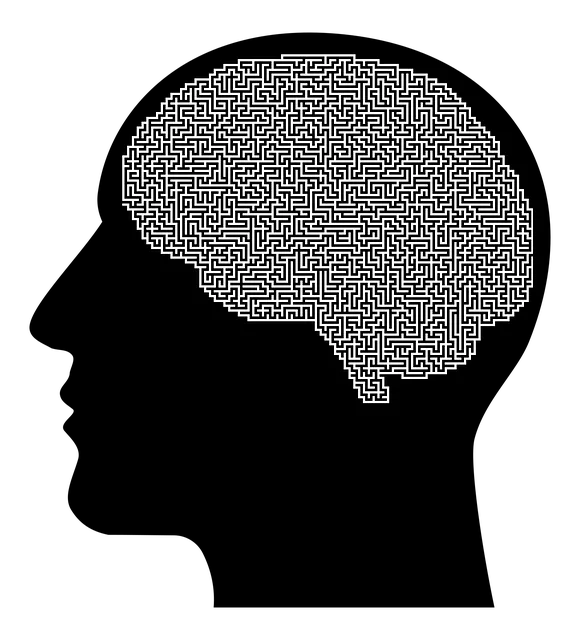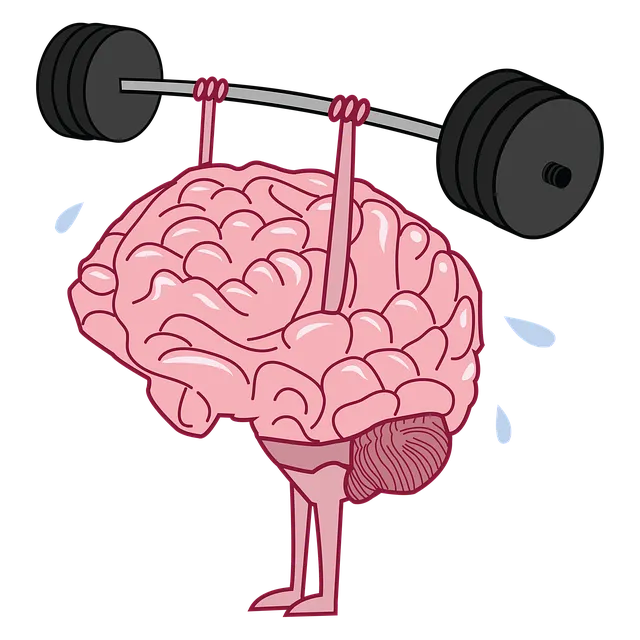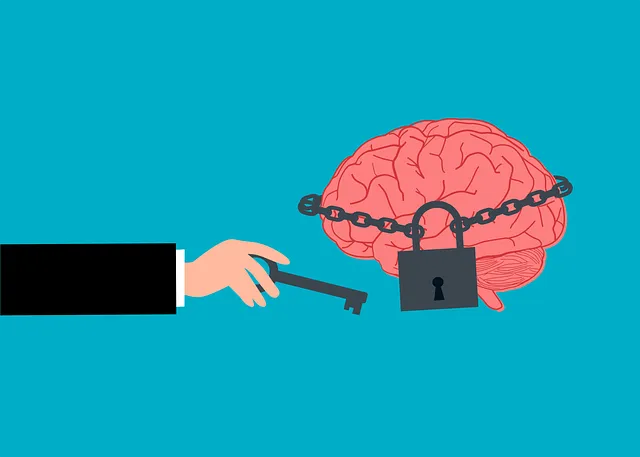The Englewood Kaiser Permanente Mental Health Access Center is leading the charge against media stereotypes of mental illness, destigmatizing mental health through educational programs and advocacy campaigns. By promoting self-care, accessible resources, and positive representations in media, they foster understanding and empathy in their community, shaping a more inclusive society that prioritizes mental well-being.
Mental illness representation in media significantly impacts public perception and understanding of mental health. This article explores strategies to challenge negative stereotypes and foster positive depictions, highlighting the success of initiatives like the Englewood Kaiser Permanente Mental Health Access Center. We delve into how media can enhance accurate, compassionate representations, while also fostering community dialogue through media literacy programs that break down stigma. By examining these approaches, we aim to revolutionize mental health discourse in today’s digital landscape.
- Understanding the Impact of Media Portrayal on Mental Health Perception
- Englewood Kaiser Permanente Mental Health Access Center: A Model for Positive Representation
- Strategies to Enhance Accurate and Compassionate Media Depictions
- Fostering Community Dialogue: Breaking Stigma Through Media Literacy
Understanding the Impact of Media Portrayal on Mental Health Perception

The media plays a pivotal role in shaping public perceptions about mental health. Positive and accurate representation can significantly impact how individuals with mental illnesses are viewed and treated by society. Unfortunately, stereotypes and stigmatization often prevail in media narratives, leading to misinformed assumptions and limited access to support for those facing such challenges. This is where institutions like the Englewood Kaiser Permanente Mental Health Access Center step in, aiming to challenge these negative portrayals.
By promoting diverse and empathetic media content, centers like this encourage understanding and empathy. They work towards destigmatization through various initiatives, including education programs, advocacy campaigns, and the promotion of self-care practices (e.g., Social Skills Training, Conflict Resolution Techniques). Additionally, they emphasize the importance of accessible mental health resources, ensuring that individuals can find the help they need, just like one would seek physical healthcare, fostering a culture where mental well-being is prioritized and supported.
Englewood Kaiser Permanente Mental Health Access Center: A Model for Positive Representation

The Englewood Kaiser Permanente Mental Health Access Center serves as a beacon of hope and accurate representation in media portrayal of mental health. This center is a unique model that promotes emotional well-being through innovative techniques, focusing on both individual and community support. By offering accessible resources and services, it challenges negative stereotypes often associated with mental illness.
Here, professionals utilize positive thinking and self-awareness exercises as key components of therapy, fostering an environment where individuals can openly discuss their struggles without fear of stigma. The center’s approach ensures that the public sees a diverse range of experiences related to mental health, moving away from simplistic and often harmful portrayals in media. This holistic strategy not only enhances understanding but also encourages early intervention and support for those facing similar challenges.
Strategies to Enhance Accurate and Compassionate Media Depictions

Media has a significant impact on shaping societal perceptions about mental health. To challenge stereotypes and promote understanding, there is a need for more accurate and compassionate representations in films, television shows, and news coverage. Organizations like Englewood Kaiser Permanente Mental Health Access Center play a vital role by providing resources and educating the public. They emphasize the importance of portraying individuals with mental illness as multi-dimensional characters, showcasing their resilience and unique experiences.
By implementing conflict resolution techniques and coping skills development through storytelling, media can offer insights into effective stress management. This shift towards more nuanced narratives can help reduce stigma and encourage empathy among audiences. Through responsible representation, media has the potential to foster a more inclusive and supportive environment for mental health discussions, mirroring real-world initiatives like those found at Englewood Kaiser Permanente.
Fostering Community Dialogue: Breaking Stigma Through Media Literacy

Englewood Kaiser Permanente mental health access center serves as a beacon for fostering community dialogue around mental illness representation in media. By promoting media literacy, this initiative breaks down stigma and encourages open conversations about mental health. Through educational workshops and awareness campaigns, individuals gain critical thinking skills to analyze media portrayals of mental health, challenging stereotypes and misinformation. This approach empowers the community to demand more accurate and empathetic representations that reflect their experiences.
Incorporating Mental Health Policy Analysis and Advocacy into these dialogues enables participants to understand systemic barriers in healthcare access, including disparities highlighted by Conflict Resolution Techniques. By fostering emotional intelligence, these discussions create a supportive environment where individuals can share their stories without fear of judgment. This collective effort not only enhances media literacy but also strengthens the community’s resilience, ultimately contributing to a more inclusive and understanding society where mental health is prioritized.
The representation of mental illness in media has a profound impact on societal perceptions and access to care. By learning from models like the Englewood Kaiser Permanente Mental Health Access Center, we can foster more accurate and compassionate media depictions. Implementing strategies that promote positive storytelling and encouraging community dialogue through media literacy can significantly contribute to breaking down the stigma surrounding mental health. This collaborative approach ensures that media serves as a powerful tool for enhancing mental health support and understanding.






